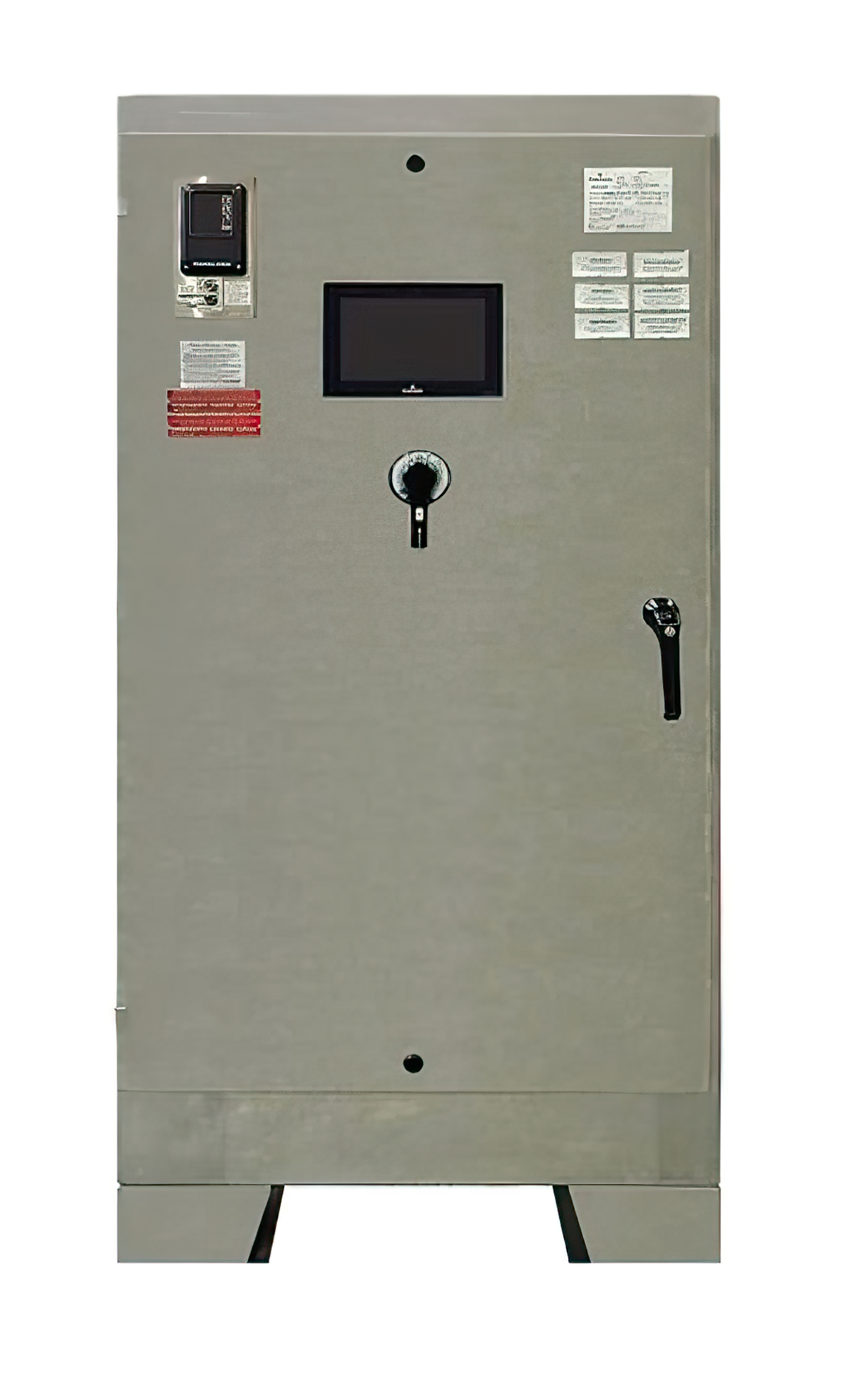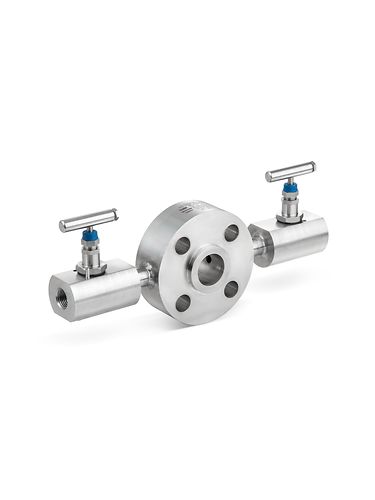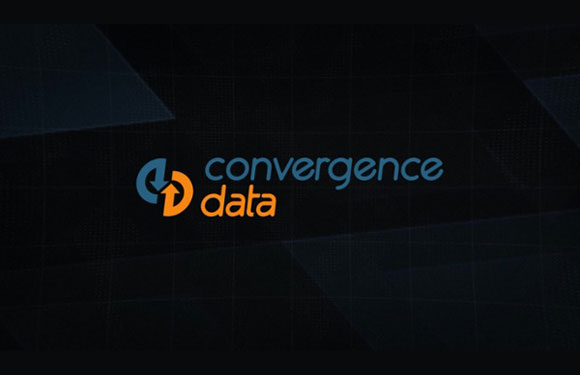
Software
How Microsoft Power BI Can Help You Grow Your HVAC Business
Microsoft Power BI is a platform that provides easy-to-understand visualization and business intelligence to help you manage your business. We interviewed Vikram Jain, practice director, and Deepesh Vashistha, a technology consultant both from Advaiya, to find out more about how this technology can help HVAC business owners. Advaiya is a Bellevue-based technology consulting and implementation services company that provides tailored digital transformation solutions with business applications and analytics.
What type of work initiatives take place in HVAC that could benefit from having greater visualizations, status, reporting, etc.?
-

Deepesh Vashistha One of the trends which is driving HVAC companies is advanced monitoring systems, effective maintenance and personal services for HVAC systems. These monitoring systems and tools help track the energy consumption of a building. Having effective reporting, status and interactive visualizations could not only assist the technicians with optimizing their HVAC efficiencies, but can also help with predictive maintenance.
- Not only that but having regular and scheduled maintenance of HVAC systems can help increase equipment efficiency and energy savings. Regular reporting like this can help in predicting the type of changes that are needed based on prior input and output signals.
- Another current trend is how to balance fluctuating busy periods. Sometimes there is a busy day and other days you might go for hours waiting for a support call. This can be balanced by investing in scheduling dispatch applications that are integrated with availability and allocation of field staff to perform optimal allocation and dispatch.
- HVAC companies usually have a project management team that tracks the complete lifecycle of a project either on paper or on a project management application. And Power BI provides a much better way to manage workflow as it’s interactive and filter-rich, and provides highly drillable visualizations that can help track the entire lifecycle of HVAC units that pass through the manufacturing or implementation process.
How has Covid-19 impacted HVAC businesses?
-

Vikram Jain Similar to other industries, HVAC has been impacted by the pandemic and in many cases manufacturing and services in HVAC have slowed. However, HVAC is a part of essential services and providing essential customer support during the pandemic continues to occur.
- One positive activity that has emerged is about the role that HVAC plays in helping to prevent COVID-19 transmission by doing modifications to heating, ventilation, and air-conditioning systems. These work items may very well help to reduce the spread of the novel coronavirus by purifying air, improving ventilation, and managing airflows.
- Upgrading and providing required modifications to heating, ventilation, and air-conditioning systems, and improving air quality and putting in required filters, can help to stop the spread of the virus. This is an area where HVAC companies need to invest in to try to provide safety to their customers
- In addition, HVAC companies should work with real estate owners and building managers to provide health and safety to their customers as well.
How can Power BI become an asset for a company to improve its operations?
- Power BI is an analytics platform which can connect to various data sources, create numerous models and perform data visualizations. The good thing is that Power BI is a self-service tool that can be used by managers and supervisors to create their own analysis and visualizations.
- Power BI can be integrated to create stunning dashboards and reports. This is beneficial for HVAC executives who want to track and measure key performance indicators (KPIs) of manufacturing, supply chain, customer support, sales, inventory, finance or any other area.
- Furthermore, Power BI reports are enriched with various features like filtering, drilling, and slicing, all of which helps decision makers identify and pinpoint problem areas.
Can you outline the functionality of Power BI for a HVAC business?
- Power BI is an analytics solution that can be customized to the needs of a HVAC business whether they are using a modern ERP system, running a legacy system or have teams working on different systems and use data that is stored and collaborated in Excel. Power BI can connect to varied data sources and a centralized model can be created. This benefits the entire organization by maintaining a single version of truth
- Power BI provides more than 200 custom visualizations which can be used based on different needs of data and effectively analyze the trends in a company and business. Power BI reports are accessible on the web and native iOS and Android applications are available to see the reports “on the go.”
- Power BI seamlessly integrates with Excel. With a single click, users can view live spreadsheets and reports that can be published and refreshed from the Power BI Service for ease of access for business users across the organization.
How can Power BI help a HVAC company accelerate out of the pandemic?
Real-time dashboards and reports in Power BI can help provide a live 360-degree view of your HVAC business and can help run it in real time instead of looking in the rearview mirror.
- Looking at the current situation of the HVAC industry and businesses facing a tough time with the current environment, it is simply not enough to just view the real-time dashboards and insights. What is needed here is for a HVAC company to deal with this situation and come out of it and take action based on these insights. If we take a look at the pre-COVID-19 situation, there was a lot of field work in HVAC businesses and much of that work was done with manual entry where everyone was available in the office. Now, most of the workforce is working remotely and adjusting to the “new normal.” This situation calls for digital transformation where electronic forms are used to fill data, run approvals and view reports.
- One of the best ways to implement this functionality in a HVAC business is to leverage Microsoft’s Power Platform which is the combination of Power BI with PowerApps and Power Automate. With this integration, much of the manual tasks of tracking quality checks or having applications that can read and write the data based on the insights that can be viewed in Power BI dashboards and much more. All of this can be done with a single BI solution through Microsoft Power Platform. This provides a simple method for most users to be able to create, automate or analyze their data in ways which have never been possible for the end users before.
If a HVAC company is interested in Power BI, how do they proceed?
- In the case where a HVAC company is interested in investing in analytics they should look at what are their burning challenges in terms of reporting related to decision making, compliance control and required action. They should connect with a Microsoft partner and consultant who understands their business challenges and can provide them with a roadmap with a phased approach.
- Advaiya and Microsoft co-host a free “Dashboard in a Day Workshops” for customers interested in Power BI so that they can get a real feel for how Power BI is beneficial for analytics. In addition, a 30-day trial is available if anyone wants to give it a try.
What are some of the best practices that HVAC ownership or managers should consider for using Power BI?
- To start, the HVAC company should do an assessment of their current BI infrastructure to understand how their data is being managed and what current challenges they face. This will help gain more visibility, control and decision making. Also, they need to plan on what metrics and KPIs they want to track and they should refrain from building point solutions.
- Further, in the case that data is residing in different application and stores, they should think to build a centralized data store which is secure and accessed organization wide/department-level based on roles.
- For implementing analytics solution, they should think of a phased approach or stairway to start getting essential reports at the start.
- The focus should not only be on the visualizations and dashboard – this is just the tip of the iceberg. There are many operations like data integration, transformation, and data modelling which take place and should be also accounted for.
Last question, for those HVAC businesses that might want to move forward with Power BI and may need help from an outside tech consulting firm, what factors should they consider?
- Business firms need to look for a technology partner firm that understands the dynamics of their business and that is able to uncover their pain areas from a process and reporting perspective. They should look at what approach and methodology the tech consulting firm is taking.
- Another important consideration to understand that in designing reports and dashboards in Power BI it is not just work of a BI analyst or developer. Given this, the consulting firm should have a team of business analysts, data analysts and architects who can collaborate to deliver BI initiatives for mid-sized to large enterprises.
About Advaiya
Advaiya, headquartered in Bellevue, Washington, helps organizations harness the power of technology to gain superior business advantage. Leveraging intelligent and purposeful innovation, Advaiya identifies, architects, implements and integrates suitable solutions for clients that lead to stronger decision making in the enterprise, an enhanced experience for their customers, and a substantial boost in business productivity — all leading to true digital transformation within an organization. Advaiya is a Microsoft Gold Partner and has been assisting companies in the Microsoft technology space since 2005. With more than 1,000 client projects completed, Advaiya has broad and deep expertise across the Microsoft stack.
Vikram Jain is a Practice Director at Advaiya. He is a technology enthusiast with extensive experience in designing and developing information systems and managing business processes and projects for hyper growth companies.
Deepesh Vashistha is a technology consultant at Advaiya. He specializes in analytics and analytical tools that work seamlessly with business intelligence, data warehousing, architecture and data modelling that help organizations optimize their operations and build a competitive advantage.














